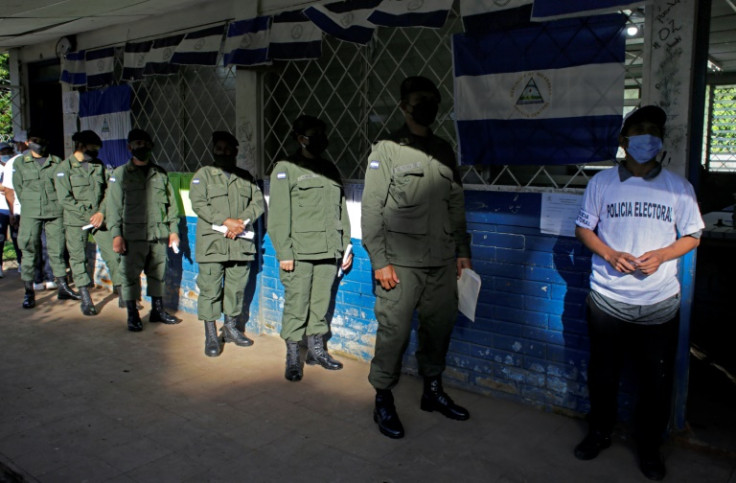
A Nicaraguan Army base located on Mokoron Hill south of Managua has emerged as a significant center for Russian espionage. The base, known as Unit 502, has been under the control of Russian officials who operate and access sophisticated surveillance equipment, leaving Nicaraguan officers with limited roles confined to security duties.
The Army's Directorate of Military Intelligence and Counterintelligence (DICIM) has been using the base for several years to process information from a radio direction-finding system. local outlet El Confidencial reported.
This system locates telephone, television, and radio signals within the radioelectric spectrum. Sources told the outlet that Russian equipment was installed at several Nicaraguan military bases in mid-2017 and since managed by Russian officers who were the only ones knowledgeable about its operation. Nicaraguan personnel were restricted to construction tasks, while training and installation oversight were provided by Brigadier General Leonel Gutiérrez López of the DICIM.
In addition to the existing radio direction-finding system, Russian officials introduced a software that enhances surveillance capabilities, allowing for the interception and monitoring of communications from both external targets and alleged internal dissenters.
The Russian-installed equipment at Mokoron is purportedly used for meteorological purposes, such as soil studies and hurricane analysis. However, it is widely believed that the primary function of the equipment is to monitor communications across Nicaragua, including foreign embassies, particularly the U.S. embassy, and internal telephone numbers. The extent of the surveillance conducted by the DICIM, which is heavily reliant on Russian technology, remains largely unknown to Nicaraguan military officers.
The Nicaraguan Army, under General Julio César Avilés, has aligned with the authoritarian policies of the Ortega-Murillo regime, using the base to exert control and repress dissent. Critics argue that the real target of this surveillance is not just external threats but also internal military and police personnel and close associates of the Ortega regime.
Russian involvement in Nicaraguan intelligence operations has been expanding. Since 2018, Russian training and technology have been integrated into Nicaraguan security forces, with a recent acknowledgment by President Ortega of a Russian police training center in Managua. This center aims to train intelligence agents loyal to Russia, furthering Moscow's influence in Central America.
In addition to the Mokoron base, other surveillance methods have been reported in Nicaragua, including the use of IMSI-Catcher devices and sophisticated software from Israeli technology firms. These tools are employed to intercept and monitor communications, including phone calls, text messages, and internet activity, often targeting human rights activists and political dissidents.
Overall, the integration of Russian technology into Nicaraguan surveillance efforts underscores a deepening alliance between Moscow and the Ortega government, reflecting a broader trend of international collaboration in intelligence and repression.
© 2025 Latin Times. All rights reserved. Do not reproduce without permission.





